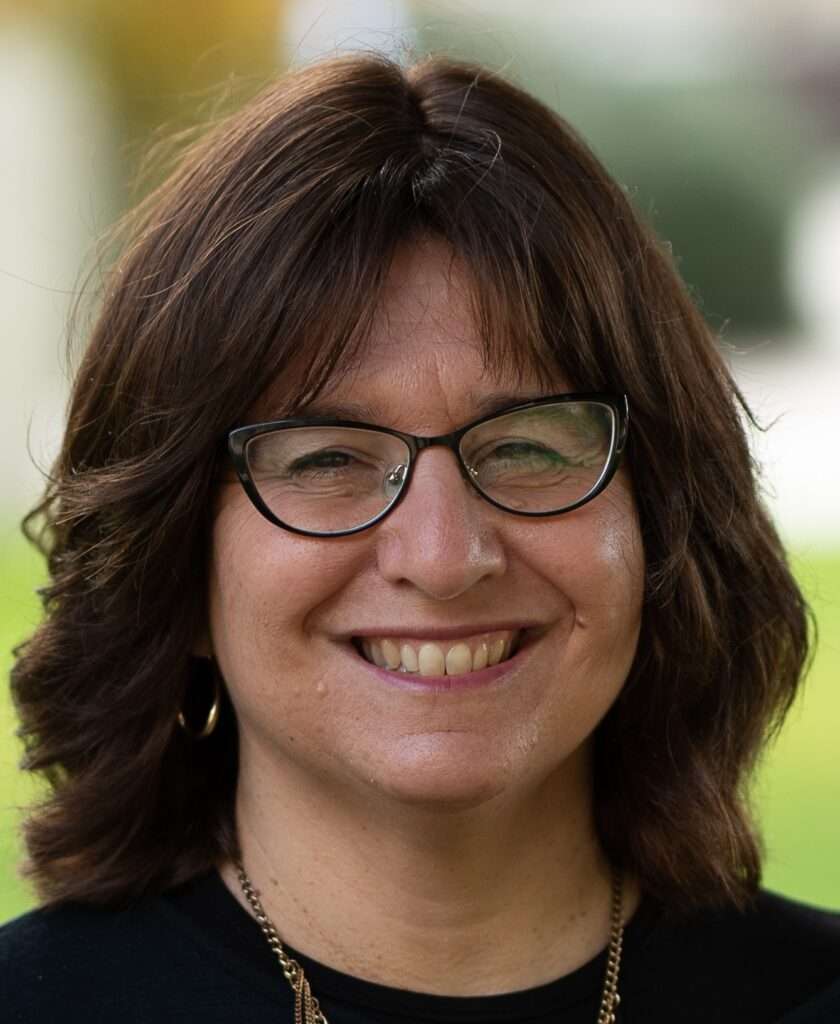Trauma Unit
Coordinated by Stacey Leibowitz-Levy, Ph.D.
The one year Trauma Unit offers a transformative, applied learning experience which will integrate the acquisition of new knowledge and skills in the trauma field and provide you with the self-development and training required to develop into a professional trauma therapist. You will be working with survivors of trauma where the nature of the traumatic experience or the response to trauma is characterized by complexity.
Supervision will be used to discuss cases and integrate knowledge and skills specific to the trauma field in formulating and implementing a treatment plan. Development of knowledge and skills will be facilitated using a range of modalities including articles and experiential exercises and may include other learning methods such as videos and live demonstrations.

Meet the Supervisor
Stacey Leibowitz-Levy, Ph.D.
Admission Requirements
Therapists must have the following in order to be considered for admission to the specialized Trauma Unit at The Family Institute:
- Master's degree in a field related to mental health from an accredited university.
- 2 years of supervised clinical experience.
- Adherence to cultural and religious sensitivities.
- Ability to offer psychological services in Hebrew.
- Completion of application process.
What is the weekly time commitment?
3 hours
Group Supervision
Groups will meet on a designated day, determined by the group supervisor.
5 hours
Client Contact
A minimum of 5 client contact hours, with some being seen in the evenings.
Q and A with the
Unit Supervisor
Your questions answered
What does working with this population mean? Who usually comes and what are the overall presenting problems?
The Trauma Unit specifically sees clients who have had either developmental traumas or periods of trauma such as domestic violence, extended military service, etc. Ideally, these are people who aren’t still in these situations since that involves a different therapeutic approach.
What kind of time commitment would a typical caseload include?
In general, it is really an individual process with the therapist and client. However, depending on the level of functionality of the client, the role might extend beyond the therapist. You may need to engage with a broader support system, working with a partner, or the client’s broader environment.
What kind of group supervisions have you run before? What could I expect from the group supervision? What is the structure?
I’ve worked extensively with groups. I started off in South Africa supervising a lot of experiential groups. After making Aliya, I joined The Family Institute and have been running the trauma unit for the last 4 years.
The group experience for the trauma unit has evolved over the years. It involves some kind of formal teaching piece as well as rotational supervision that integrates the theory and its application.
The educational aspect involves frontal teaching, role plays, videos, articles and some presentations from each therapist on a rotational basis. You will learn an important skill set which is to be able to apply the key points of what you have read towards working with clients of this nature. You will be able to look at a piece of literature and ask yourself, “How do I apply this? What are the limitations? How do I start thinking analytically in an applied fashion?”.
The articles are specifically within the framework of working with complex trauma. The model has three elements that we use to work with clients with extreme trauma situations. Stabilization, processing and integration. We will explore the theory, conceptualization and specific tools and techniques within this model.
The supervision itself will focus on weaving in any theories we have learned and integrate that with it’s application to your client. There is a very strong emphasis of theory, skills and self-awareness.
Finally, there is a self-growth piece. I will ask you to explore your own trauma history as part of the process of developing as a trauma therapist.
What books do you recommend reading before joining this unit?
The Body Keeps Score, Bessel van der Kolk
Can you talk about your journey in working with this population?
There’s a personal and family history and family history as well as an intellectual curiosity that led me into this field. As a student in South Africa, I was seeing the impact of extreme political oppression on families, their communities and themselves. I was involved in volunteer services for helplines at age 19, I was part of a group that would go into the townships and offer community services. And then in my final year of undergrad, I did an essay on PTSD and it fascinated to me to see the link between individual and their immediate environment. It stoked my curiosity.
From there, I started working at the university and I became connected to an organization called The Center for the Study of Violence and Reconciliation (CSVR). I had the opportunity to work there with trauma survivors ranging from little kids to families as well as training those who work with trauma. I then began to offer trainings in working with trauma victims across South Africa, Libya and Mozambique. I was doing a lot of research in the field as well as supervising. I offered training for social workers and allied professionals.
I was a member of the board of an organization called South African Institute of Traumatic Stress Studies. I was on the panel to create a modeled best practice for torture survivors. I continued to work at The Center for the Study of Violence and Reconciliation, offering group supervision for the professionals working with trauma. I also ran reading groups and trauma supervision with them. I continued with this until we made Aliyah.
What is the most interesting client population you’ve worked with?
Individuals who present as though they have a trauma history, but have no memories of it. Working with those kinds of clients is very interesting, in terms of how do you be true to what they need in order to make sense of their own life journey, resolve and work things through that they don’t even remember that they’ve experienced. That’s a complex client to work with and navigating it is interesting. The most important thing that guides my thinking about the client is “how is this helpful for the client”. Being very mindful and collaborative with the client in terms of accompanying them on the process of finding the pieces that they need to understand their experiences and move forward in life.
Has your experience in working with people with trauma transformed your perspective on other clients and how you understand them? In what way?
This whole area of what people do with hidden or painful feelings and experiences has deep relevance for a lot of work as a therapist. As well as the lengths people go to in order to avoid pain and feeling unsafe is also really instructive and fascinating in working with other populations. The attempts to try to create safety and avoid pain is really very helpful way to make sense of symptomology.
The whole struggle of resolving painful feelings and experiences is very alive for a lot of populations. People with anxiety disorders, if you start to move past that, the anxiety presentation is like the lid on a pot of boiling water. But what’s making the lid go up and down is the energy underneath. And that is often more about the feelings that the person has avoided and the terror that is there. And when people start to engage with those feelings, the anxiety symptomology often resolves. If you just let the steam off, you don’t need to keep on trying without success keep the lid on top of the pot. That metaphor applies to trauma but a whole lot of other conditions where people are avoiding painful feelings and experiences.
Why is working with this population different than what I've already learned in my years at the clinic?
This kind of population invites more of a balance of staying with the client and having a sense of what the clients journey and process could potentially be. You have more of a conceptual framework that you’re placing these experiences in and you need to balance that with where the client’s at and what one knows is helpful in order to work through trauma and become more integrated and whole.
It requires working within a much more defined conceptual framework. It’s a methodology that is nuanced and a complex process and that is what the unit focuses on, the nuances of working with people in this framework.
I have a history of trauma, how will working on this unit impact that?
That’s not uncommon. I have many years of experience where people come with their own trauma history, as do most trauma therapists. We will engage with that early on in the unit, and I try to be very mindful of how that plays out in terms of countertransference. The effectiveness relies heavily on the participants in the units to be honest with me about these things. I am open to speaking privately about and not in a group participation. And we bring it up a person’s own trauma history does emerge. I will raise it in the group setting, or if its too sensitive, privately with the person. I have found that being part of the unit also helps people with their own trauma history and it has really shifted them to an open acceptance of their history.
What would I be missing out on if I don’t join this unit?
Trauma is a feature of all of our practices. I think having the awareness and mindfulness and capacity to work with this kind of population constructive and helpfully is a tremendous gift you can give yourself in terms of competency and being ethical in serving this population in your practice. And its also a tremendous personal growth opportunity.

